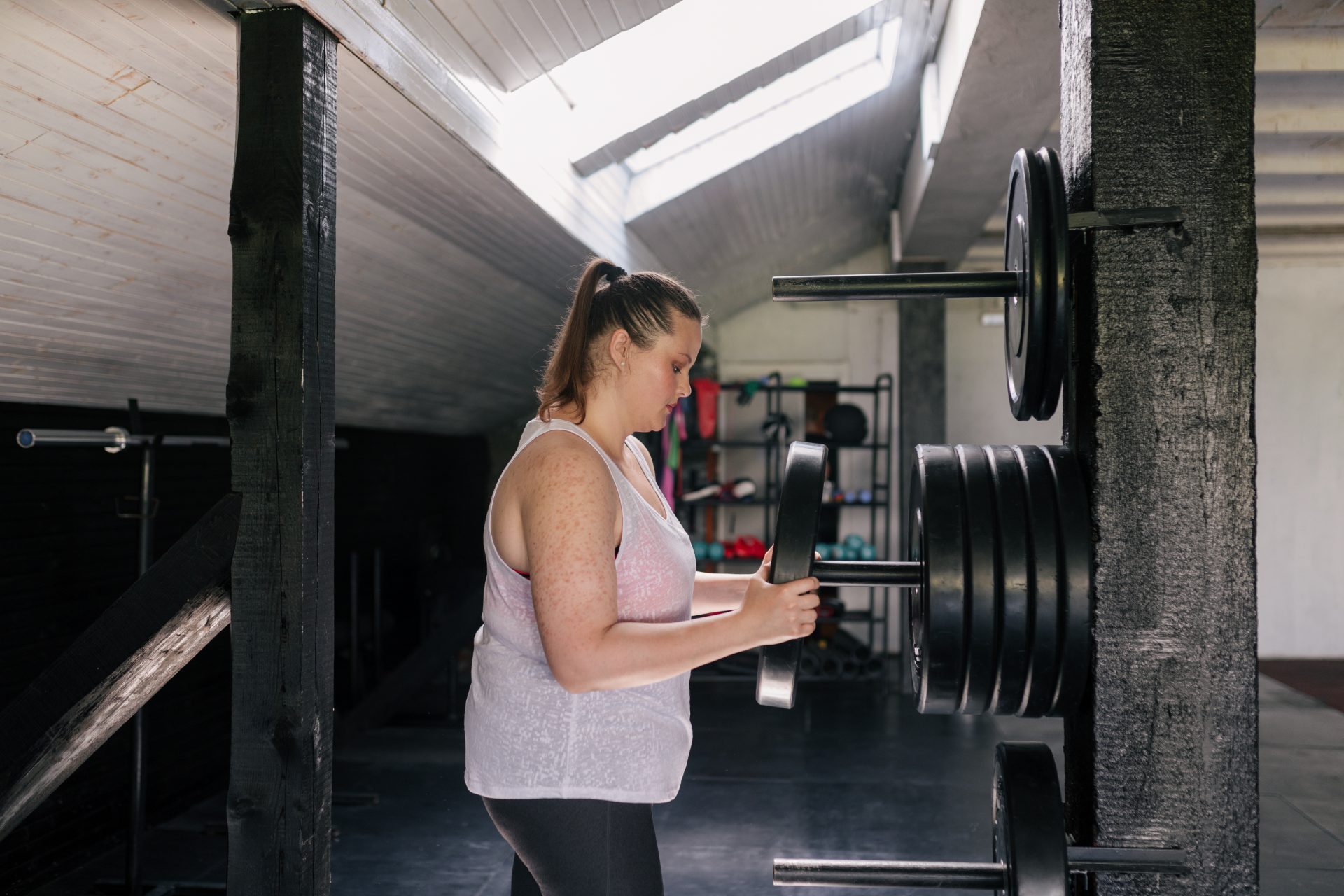How long does it really take to build muscle?
Seeing no progress in the gym? This is how long it really takes to build muscle and strength – including expert tips on speeding up the process.
How would you describe that feeling you get after squatting with a barbell that weighs as much as you do? Is it excitement, pride, pure exhaustion? Whatever it is, it’s an experience you’re probably grateful to have back now gyms have re-opened. However, if you’re more struggling than celebrating after your sessions at the moment, know you’re not alone.
It’s natural to want to know how long it takes to get fit – especially if you feel as though your muscular strength and endurance has taken a nosedive over the past year. In fact, according to a report by PureGym, there’s been a 200% increase in Brits desperately Googling strength and fitness waiting times.
You may also like
Rest days: can a deload week can help you become stronger?
After six weeks back at the bar, it can be frustrating to feel like you’re not progressing, and you might be asking when you’ll be back to your personal bests. Alternatively, if you’re starting afresh on the gym floor, you might be wondering when you will start to see your newbie gains. Either way, knowing when you can expect results can be motivating for people training – so here’s what the experts have to say.
How long does it take to build muscle?
“If you’re relatively new to training it can take at least eight weeks to get the muscle fibres growing,” says personal trainer Caroline Bragg. Trainer and strength coach Tess Glynne-Jones, suggests giving it around 12 weeks to see a really noticeable difference. “Novices might see a difference in four weeks because they’ll be overloading the body more than ever before.
“People who are already well-trained but starting a new programme may not see much difference over an entire year. It just completely depends on where you’re at what load you’re using, how much you’re eating, how hard you’re working hard at gym. It’s so dependent on the person,” she says.
Caroline also adds that “if you had built a foundation of muscle from training and then took a break or had an injury, it can take around three to four weeks to re-build that muscle again.”
How much training do you need to do to build muscle?
“You need to train with progressive overload,” says Caroline. “What’s really important is that you don’t end up just doing the same reps every week but instead continuously add more load. Don’t be frightened to add a little bit, even if it’s just one kilogram. Little by little you need to stress the muscle in order to progress it.”
Tess also points out that the way you structure your training is important to your progress. “Regardless of your experience, I’d say stay within your eight to 12 rep range as this improves hypertrophy (aka building muscle). Focus on your compound movements as these target multiple muscle groups in one exercise, so will help to build muscle more efficiently. That includes moves such as squats, deadlifts, press ups or a bench press, and pulling moves like lat pull downs.”
You may also like
Strength training: 5 fundamental moves you should include in your workouts
How do you build muscle fast?
“If your main focus is building muscle, don’t add cardio into your programme for now,” says Tess. “That’s because there’s two training states: anabolic and catabolic. Anabolic means building, catabolic means breaking down. Cardio such as running or cycling is catabolic, which breaks down the muscle. Lifting weights puts you in an anabolic state, which what you should focus on.
“You also need to fuel your training efficiently so your body doesn’t start burning your muscle for energy and it can just use your carbohydrate and glycogen from food to build. Eating 90-45 minutes before your training and having carbs and protein after your workout will support your muscle growth.”
Caroline also agrees that you need to look at what you’re doing both during and outside of your workout. “You’ve got to have good nutrition and enough recovery to see your results progress. I’m not saying these things will make your muscle building quicker than the eight week mark, but it will be a better progression. Nailing those factors alongside a good program with progressive overload is how you’re going to be able to build it faster than burning yourself out by going to the gym seven days a week.”
Ready to build some muscle? Take your training up a notch by joining one of the SWTC training plans. It’s time to get strong!
Images: Getty
Source: Read Full Article
